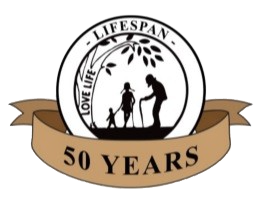H.B. 4467 – Rep. Lana Theis
Current Status
H.B. 4467 was introduced on March 30, 2017 and referred to the House Health Policy Committee
Description
H.B. 4467 adds section 17015b to the informed consent for abortion section of the public health code. It states that before an abortion can be performed, the doctor must attempt to detect a fetal heartbeat and allow the women to hear the heartbeat if she chooses. In addition, the bill requires the doctor to inform the woman of the likelihood of experiencing a spontaneous miscarriage based on the lack of fetal heartbeat and gestational age.
Background
Detection of a fetal heartbeat provides valuable medical information. First it confirms a pregnancy and rules out false positive pregnancy tests. Second, it determines the position of the fetus within the uterus as opposed to an ectopic pregnancy which occurs in about 2% of all pregnancies. Third, it confirms that the unborn child is living and has not spontaneously died prior to a natural miscarriage. Often a women has a positive pregnancy test, but the baby doesn’t develop which will lead to a natural miscarriage. Miscarriage occurs in approximately 15% of all confirmed pregnancies. Once the fetal heartbeat is detected, the rate of spontaneous miscarriage crops to below 5%. Detecting the fetal heartbeat will reduce the number of unnecessary abortion procedures and spare women the agony of making an abortion decision when she will inevitably experience a miscarriage. Lastly, it gives the woman one more concrete sign that she is carrying a living human being in hopes that she will change her mind and choose life.
History
Bills banning abortion following the detection of a fetal heartbeat have been introduced in several states; however, those few states that have passed Heartbeat bans have yet to have them go into effect due to legal challenges.
The Heartbeat Informed Consent Bill was introduced by Michelle Bachman at the federal level, but it has had no traction. Other states have passed heartbeat informed laws similar to H.B. 4467 have tied them to ultrasound viewing laws and have not seen credible legal challenges.
